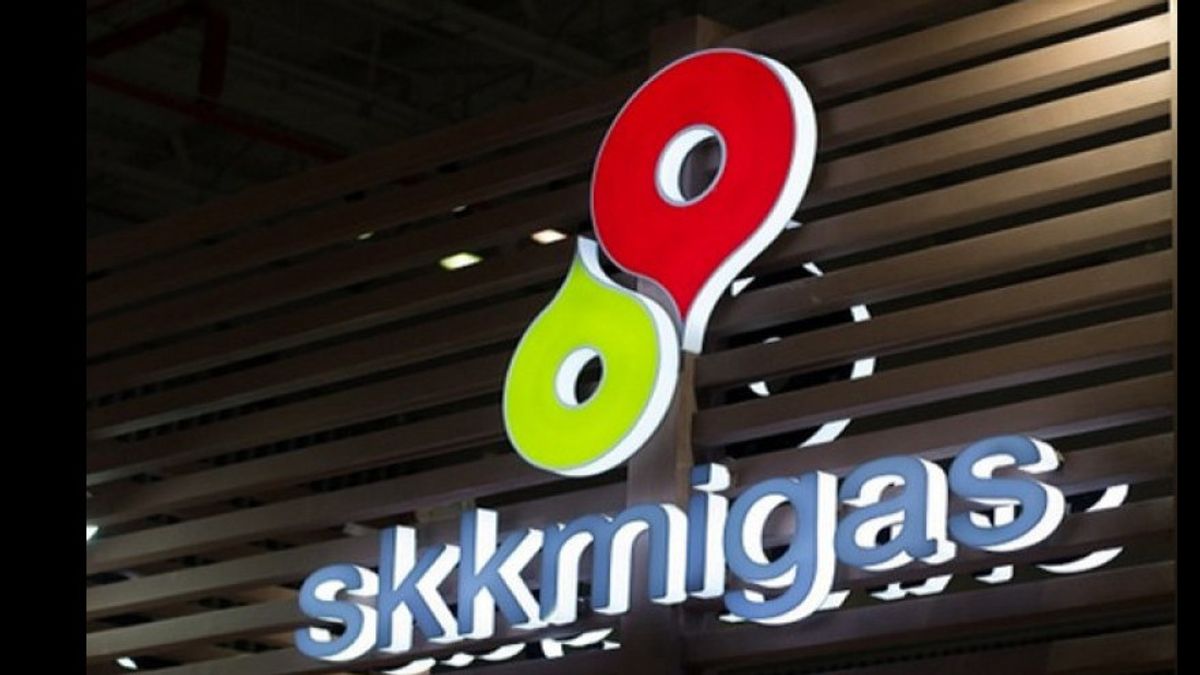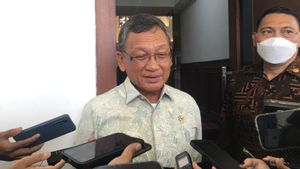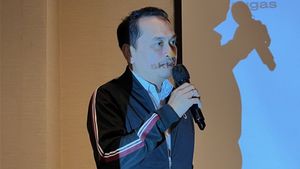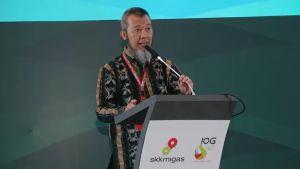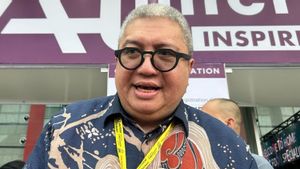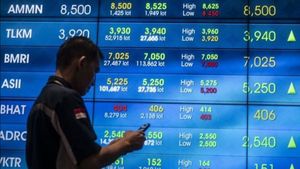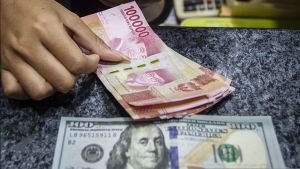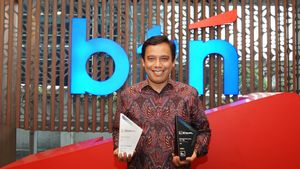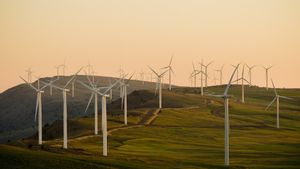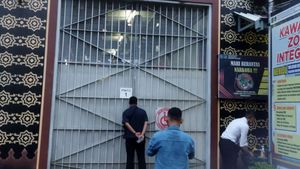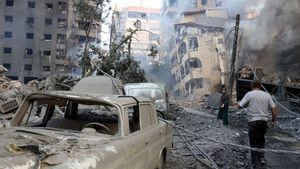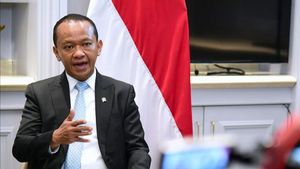JAKARTA - The Special Task Force for Upstream Oil and Gas Business Activities (SKK Migas) said West Java still needed additional natural gas supply.
Deputy for Finance and Commercialization of SKK Migas Kurnia Chairi said the natural gas deficit in West Java reached 144 MMSCFD (million cubic feet per day) as of 2024.
"The natural gas supply deficit in West Java is caused by gas production in West Java and the Central and South Sumatra areas that supply buyers of West Java showing a downward trend," Kurnia said as quoted by ANTARA, Thursday, June 20.
Meanwhile, East Java will most likely experience a gas surplus from 2024 to 2025.
For 2024, the average natural gas production excess is around 90 MMSCFD.
This inabsorptible gas has the potential to affect the achievement of national natural gas lifting. This situation also has an impact on the development of new fields by cooperation contract contractors (KKKS) in East Java.
"This will certainly result in sustainable production in the future, including the achievement of natural gas production of 12 BCFD in 2030," he said.
However, gas excesses from East Java cannot flow to West Java because the infrastructure in the two regions has not been connected.
According to Kurnia, the infrastructure of the gas network that has not been integrated is a challenge in meeting domestic gas needs and optimizing natural gas lifting.
For this reason, the 2024 Earth Gas Forum is focused on providing information on short-term supply conditions and medium-long-term supply plans in East Java, Central Java, and West Java.
SEE ALSO:
The Forum will also map the needs of major buyers in the region, as well as mapping gas supplies from East Java and Central Java to meet gas needs in West Java after the completion of the construction of the Semarang Cirebon Phase II pipeline, where the development targeted for completion in December 2025 is expected to be able to resolve the infrastructure constraints of the gas network.
Buyers of natural gas in West Java are optimistic in accelerating market development because they believe that natural gas supply will be sustainable. This effort is only the first step, it requires active coordination and communication, as well as support from all parties to ensure efficient and equitable gas distribution," he added.
The English, Chinese, Japanese, Arabic, and French versions are automatically generated by the AI. So there may still be inaccuracies in translating, please always see Indonesian as our main language. (system supported by DigitalSiber.id)
